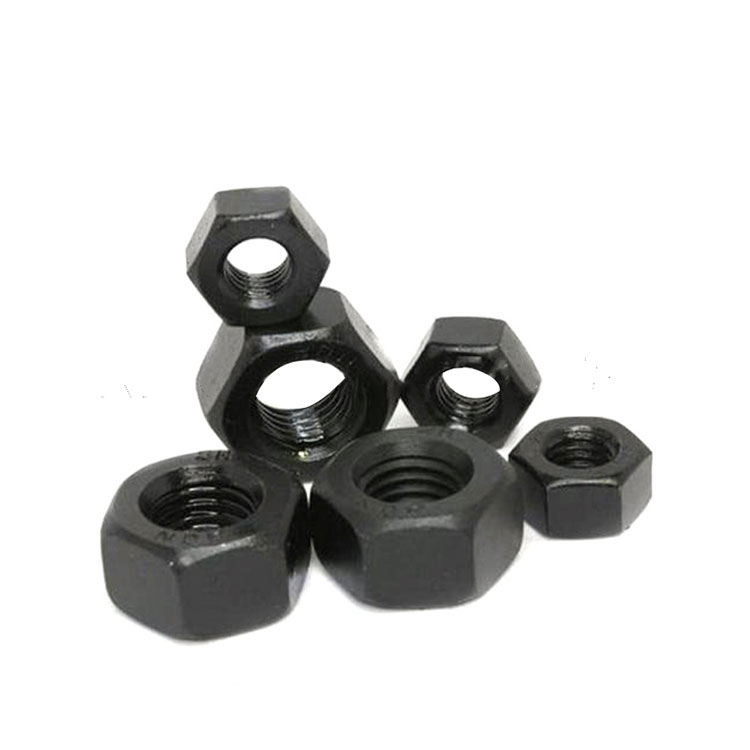Hex Nut: The Essential Fastener in Mechanical Assembly
2025-05-21
The Hex Nut is one of the most common and fundamental components in mechanical and structural assembly. Its simple yet effective design makes it indispensable in industries ranging from construction and automotive to electronics and machinery manufacturing.

What Is a Hex Nut?
A Hex Nut is a six-sided (hexagonal) fastener with an internal threaded hole. It is designed to mate with a bolt or screw to secure two or more parts together. The hexagonal shape allows for easy gripping with tools like wrenches or sockets, providing efficient torque application during tightening or loosening.
Key Features of Hex Nuts
Hexagonal Shape
The six flat sides provide a strong grip and make it easy to apply torque from multiple angles.
Threaded Interior
Internal threads correspond to the bolt or screw’s external threads, ensuring a secure fit.
Variety of Sizes and Materials
Available in numerous sizes to fit different bolts, and made from materials such as steel, stainless steel, brass, or nylon for different strength and corrosion resistance needs.
Versatile Usage
Suitable for light-duty to heavy-duty fastening depending on the grade and material.
Common Types of Hex Nuts
Standard Hex Nut
The most common type used in general applications.
Lock Nut
Designed with nylon inserts or deformed threads to prevent loosening due to vibration.
Jam Nut
Thinner than standard nuts, used to lock another nut in place.
Flange Nut
Comes with an integrated washer-like flange to distribute pressure and prevent damage to surfaces.
Applications of Hex Nuts
Construction and Infrastructure
Used extensively to assemble steel frameworks, bridges, and buildings.
Automotive Industry
Secures parts in engines, chassis, and body panels.
Machinery and Equipment
Holds components in heavy machinery, agricultural equipment, and industrial tools.
Electronics and Appliances
Provides reliable fastening in household appliances and electronic devices.
Benefits of Using Hex Nuts
Ease of Use
Compatible with standard tools, simplifying assembly and maintenance.
Strength and Reliability
Provides secure fastening capable of withstanding high stress and vibration.
Cost-Effective
Widely manufactured and available at low cost.
Wide Compatibility
Fits with numerous bolt sizes and thread types, making it a universal fastening solution.
Considerations When Selecting Hex Nuts
Material and Coating
Choose based on environmental conditions to resist corrosion and wear.
Thread Type and Size
Ensure compatibility with the bolt or screw for a tight fit.
Strength Grade
Match the mechanical requirements of the application to prevent failure.
Special Features
Locking mechanisms or flanges may be necessary depending on vibration or load conditions.
Conclusion
The Hex Nut is a small yet vital component that plays a critical role in fastening systems across countless industries. Its simplicity, reliability, and versatility have made it a staple in mechanical assemblies worldwide. By selecting the appropriate hex nut for your specific needs, you can ensure safe, strong, and lasting connections in your projects.


